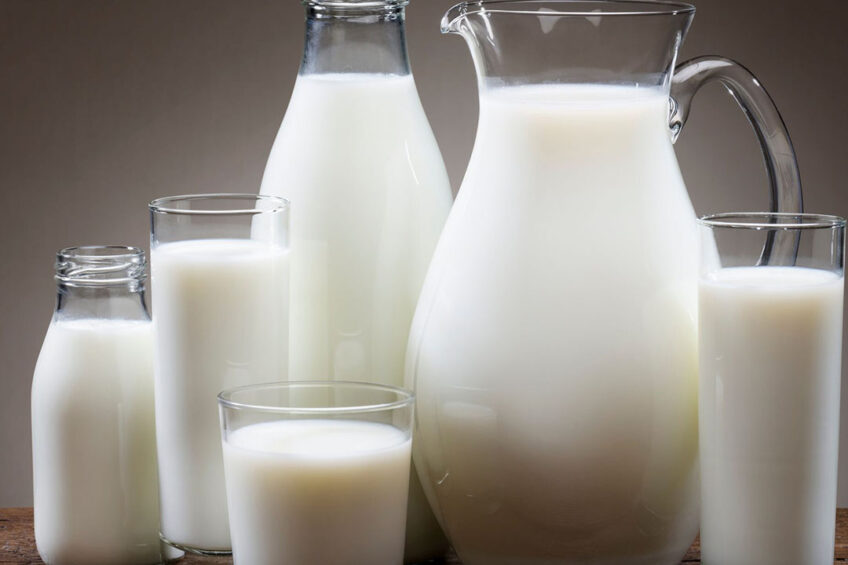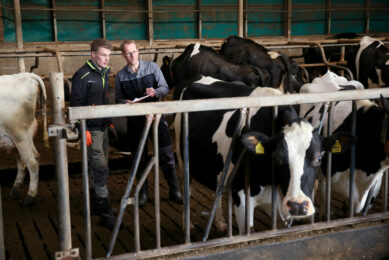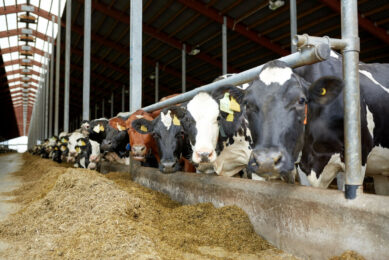Russia will not remove product surplus from dairy market

The Russian Agricultural Ministry will not begin intervention purchases to remove the surplus of products from the domestic dairy market, Oksana Lut, deputy agricultural minister outlined during a recent press conference.
Intervention purchases are a tool the Russian authorities have been resorting to on the grain market to make the price situation more even throughout the year. It involves centralised purchasing of large product quantities when the supply is high and gradually selling goods from the state reserve when it is low.
A group of Russian dairy producers reportedly asked the Agricultural Ministry to consider intervention purchases for the domestic dairy market in order to combat the oversupply crisis. Lut said that one of the rationales for such purchases would be to build up a reserve in case of a possible shortage, but there was no point in doing that with dairy products.
“There is no such risk, so the interventions are not a way to regulate the market. It will not help the market at all, and we don’t need such stocks because we have a lot of milk,” Lut stated, adding that the Ministry is working on several other measures aimed at battling the oversupply, including encouraging exports.
Cracking down on counterfeit dairy
Russian market players interviewed by local news outlet Dairy News generally agree that interventions would not help the Russian dairy market.
“Interventions are not required. The state can help by reacting more harshly to counterfeit goods, but it does not want to do this, fearing to acceleration of inflation. So, the authorities are more likely to scare retail chains with statements about possible state regulation so that they do not raise the prices,” a source in the market who wished to remain anonymous told the publication.
Another market player who also wished not to be named agreed that if counterfeit products are removed from the shelves, the problem of excess raw milk will be solved. “But first, we must admit that the problem of counterfeiting in trade is quite serious. And yet no one is doing this,” the source stated.
Yulia Sergeenkova, general director of the Pavlovsk Dairy Plant, in turn, said that there are some positive signs on the dairy market as the prices ceased falling in June. There are hopes that the market will eventually manage to adjust itself, but on the other hand, the current prices don’t allow milk processors to generate any profit. Sergeenkova also admitted that establishing export supplies sufficient enough to change price dynamics in the Russian market seems a challenging task.
Join 13,000+ subscribers
Subscribe to our newsletter to stay updated about all the need-to-know content in the dairy sector, two times a week.










